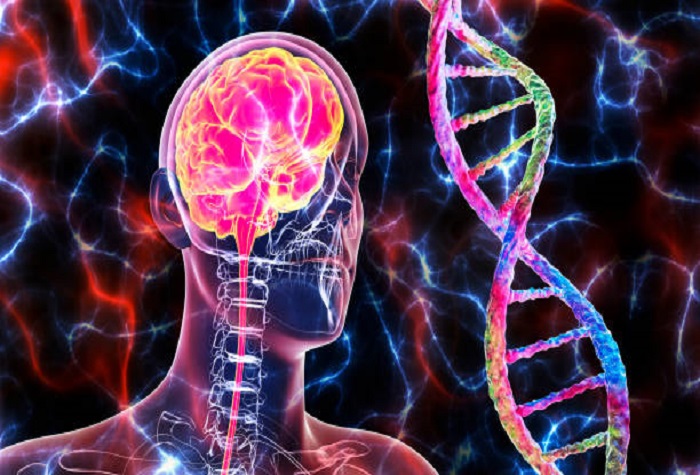
Brain


The brain is a complex organ that serves as the control center for the entire body, responsible for various functions, including cognition, emotion, coordination, and regulation of bodily processes.
Understanding the complexities of the brain is an ongoing area of research, and advancements in neuroscience continue to deepen our knowledge of how the brain functions and how to address neurological disorders. Maintaining a healthy lifestyle, staying mentally active, and seeking medical attention for neurological concerns are important for overall brain health.
Autism:
Autism, or autism spectrum disorder (ASD), is a neurodevelopmental disorder characterized by persistent challenges in social communication and interaction, as well as restricted and repetitive behaviors. The term "spectrum" reflects the wide variation in challenges and strengths that individuals with autism can experience.
Autism is a lifelong condition, and individuals with autism can lead fulfilling lives with appropriate support and interventions. Early diagnosis and intervention, along with ongoing support, contribute to improved outcomes for individuals with autism and their families. It's important to recognize and celebrate the unique strengths and perspectives that individuals with autism bring to the world.
Parkinson:
Parkinson's disease is a progressive neurodegenerative disorder that affects movement control. It is characterized by a variety of motor and non-motor symptoms, and it usually develops gradually over time.
It's important for individuals experiencing symptoms suggestive of Parkinson's disease to seek medical evaluation for an accurate diagnosis and appropriate management. Early intervention and a multidisciplinary approach can help improve the quality of life for those living with Parkinson's disease.
Degenerative Nerve Disease:
Degenerative nerve disease" is a broad term that can refer to various conditions characterized by the progressive degeneration or damage of nerves. These disorders affect the peripheral nerves, spinal cord, or brain, leading to a range of symptoms.
It's crucial for individuals experiencing symptoms suggestive of a degenerative nerve disease to seek prompt medical evaluation. Early diagnosis and appropriate management can help improve quality of life and may involve a multidisciplinary approach, including neurologists, physical therapists, and other healthcare professionals.
Schizophrenia:
Schizophrenia is a chronic mental health disorder characterized by a range of cognitive, emotional, and behavioral symptoms. It affects how individuals perceive reality, manage emotions, and interact with others.
It's important for individuals exhibiting symptoms of schizophrenia or their loved ones to seek professional help for a thorough assessment and appropriate interventions. Early intervention and a comprehensive treatment approach can significantly impact the long-term outcome for individuals with schizophrenia.


